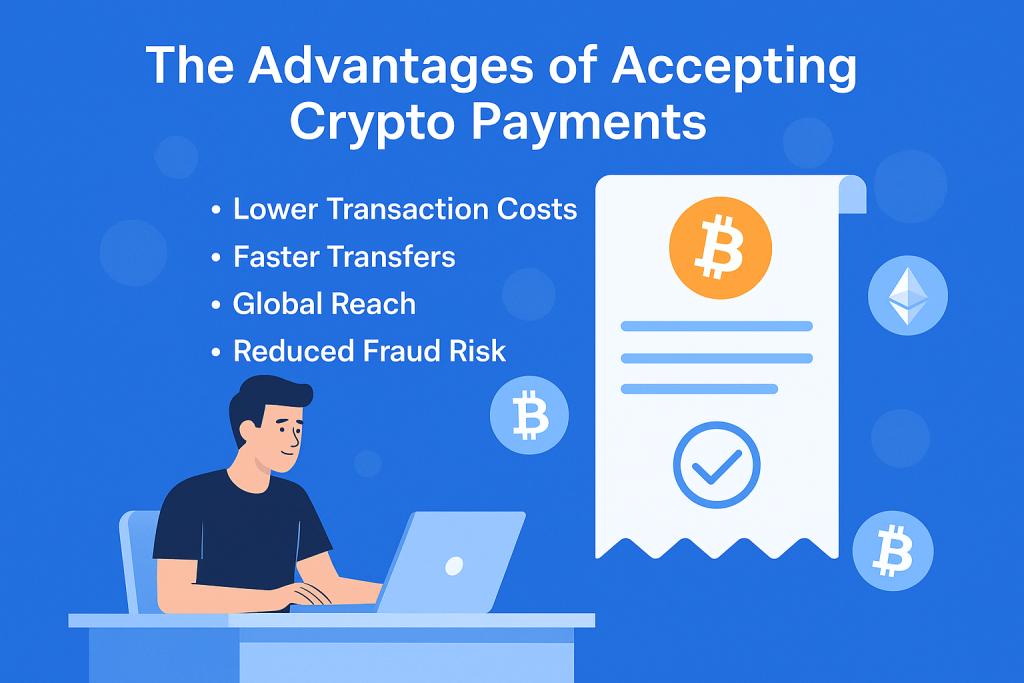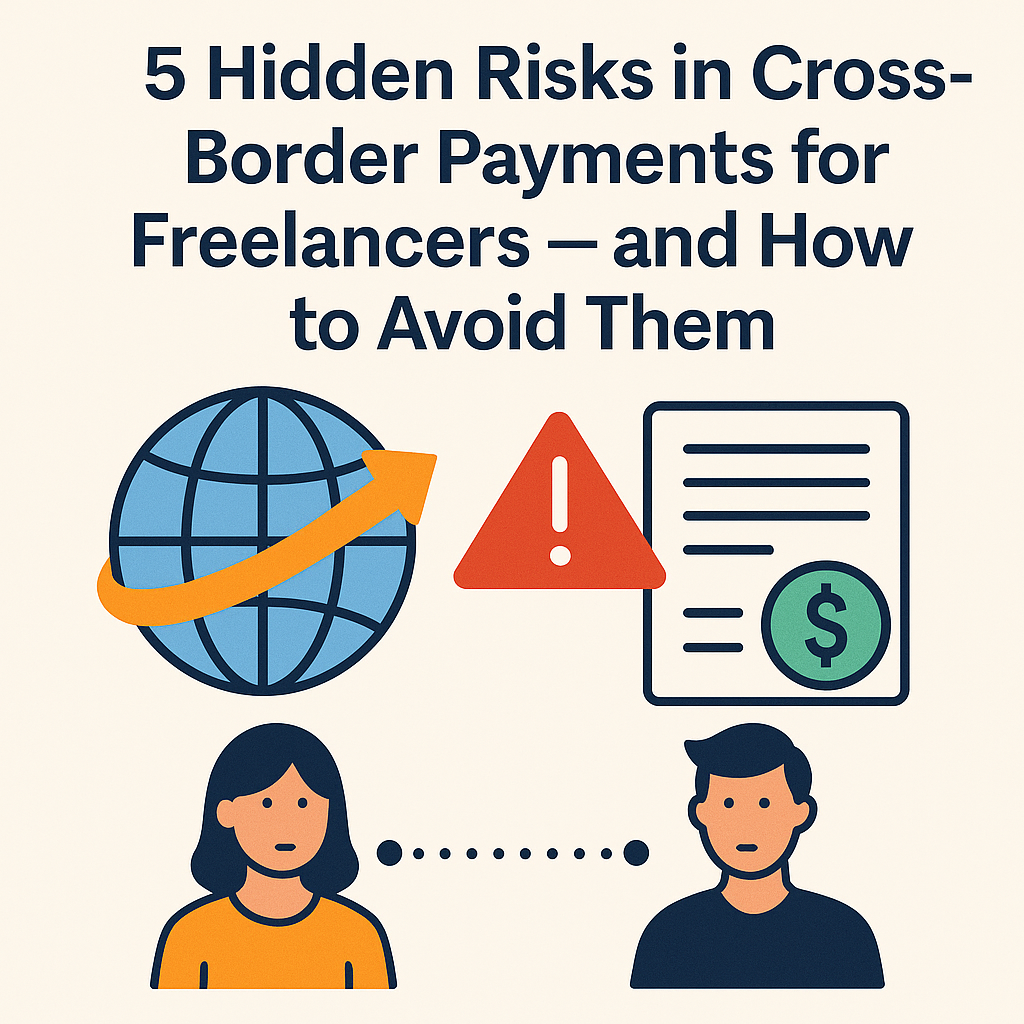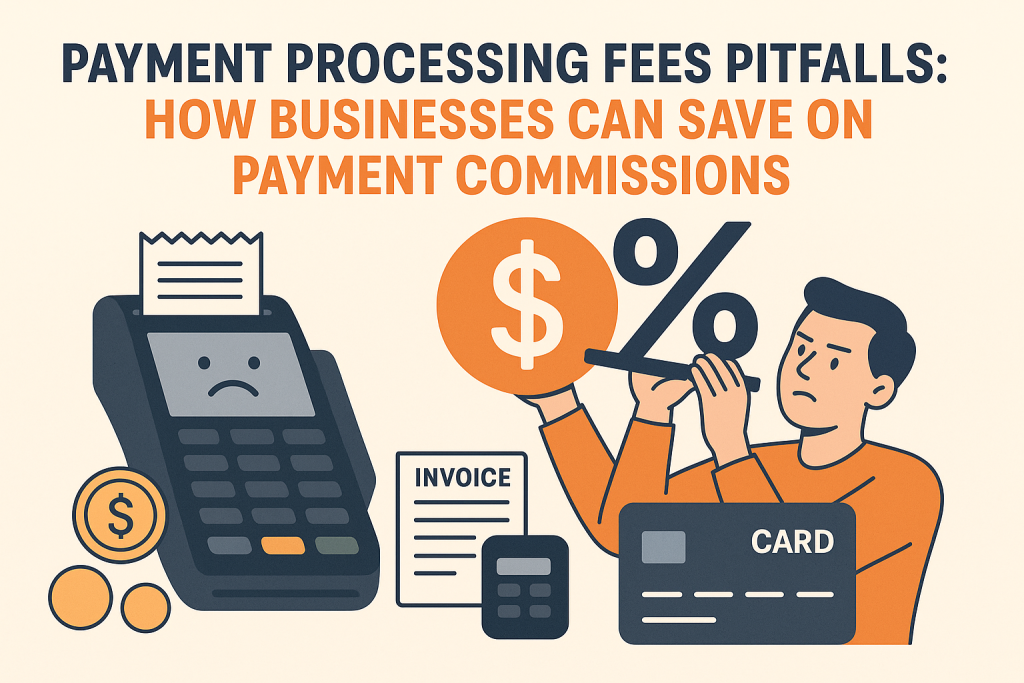Freelancing in 2025 is more global than ever. The Middle East, especially the UAE, Saudi Arabia, Qatar, and Kuwait, has become a key market for remote work. However, freelancers working in this region often face one major problem: receiving payments quickly and securely.
In this guide, you’ll discover the best freelance payment methods for the Middle East. These include fast, low-cost, and bankless options designed for remote professionals.
Why Freelancers Are Targeting the Middle East in 2025
The Gulf region is rapidly embracing digital services. As a result, demand for freelance talent is growing fast. Clients are hiring for:
- Software development
- Graphic design and UI/UX
- Content creation
- Digital marketing
- Business consulting
However, getting paid can be difficult. Traditional payment systems are not always ideal for freelancers.
Common Payment Challenges in the Middle East
Let’s look at the key issues:
- International transfers are often slow and expensive
- SWIFT fees reduce earnings
- Currency conversions create confusion
- Clients may need formal invoices
- Some freelancers can’t open international bank accounts
Therefore, many professionals are searching for easier, more flexible alternatives.
The Solution: Bankless Payment Systems
Instead of banks, freelancers can use PSP (Payment Service Provider) platforms. These systems are built for international payments. Most importantly, they work without an IBAN or business registration.
Key Features of Modern Freelance Payment Platforms
1. Direct Payment Links
You can send a simple link to your client. They pay in their local currency. As a result, you receive the funds quickly.
2. Multi-Currency Wallet
Freelancers can hold AED, USD, EUR, or SAR in one place. This helps reduce conversion fees and delays.
3. Transparent Fees
Unlike banks, these platforms show exact costs. There are no hidden charges.
4. Invoice or Non-Invoice Options
Some clients need official invoices. Others prefer simple transactions. These platforms support both.
5. Secure and Compliant
They follow international rules. This includes KYC and AML policies. Your payments are always protected.
Why Bankless Works Better for Middle East Clients
Let’s compare:
| Traditional Banks | Modern Payment Platforms |
|---|---|
| High fees and delays | Low fees, fast transactions |
| Require IBANs | No bank account needed |
| Poor currency support | Multi-currency wallets |
| Complex onboarding | Simple, freelancer-friendly flow |
Clearly, modern systems offer more value and less hassle.
Real-Life Example: Working with a UAE Client
Imagine you’re a freelancer in Asia or Eastern Europe. A client from Dubai wants to pay you in AED. But you don’t have a bank account that accepts it.
With a PSP platform, you create a secure link. The client pays in AED. You receive the money in minutes. No paperwork. No delay.
Final Thoughts: Simplify Your Freelance Payments
Working with clients in the Middle East offers big potential. However, old payment systems often slow you down. That’s why choosing a modern, bankless solution makes sense.
These platforms save time, reduce costs, and improve your client relationships. As a result, you can focus on your work instead of payment issues.wth.





